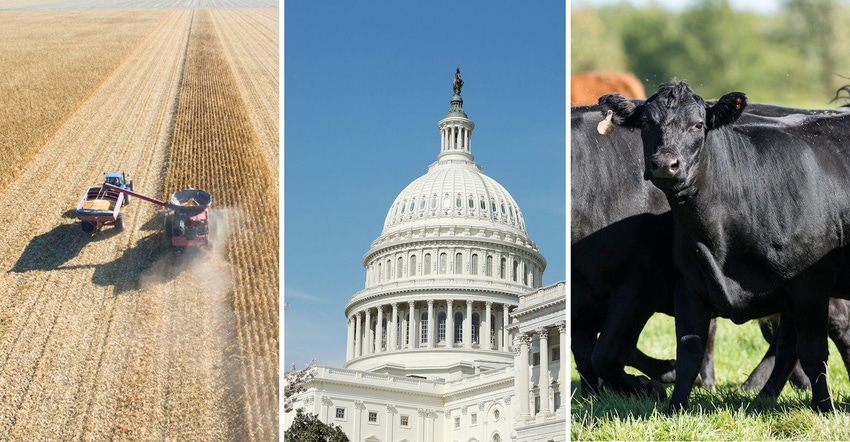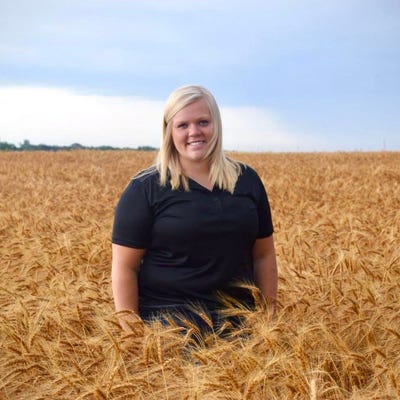
Missed some agricultural news this week? Here are seven stories to catch you up.
USDA grants for farm and food workers
USDA unveiled a new Farm and Food Workers Relief grant program to provide $600 in individual relief to farmworkers, meatpacking workers and frontline grocery workers for expenses incurred due to the COVID-19 pandemic. Funds will be awarded through grants to state agencies, Tribal entities and non-profit organizations. – Farm Futures
Farmers concerned about input price inflation
The Purdue University/CME Group Ag Economy Barometer improved in August as farmers have more confidence in their 2021 revenue. However, producers are becoming increasingly concerned about farm input price inflation. On the August survey, 39% of respondents said they expect input prices to rise by 8% or more in the next 12 months. – Purdue University/CME Group
Field drying corn vs. ear and stalk rots
How long can you leave corn in the field without risk of damage? The Indiana certified crop advisers panel weighed in to answer. Experts suggest evaluating risk, scouting fields and keeping an eye on the weather. – Indiana Prairie Farmer
Hay to help displaced livestock
Bales of hay are on their way to Louisiana to help livestock impacted by Hurricane Ida. The Louisiana Department of Agriculture and Forestry says that the hay will be used to feed cattle and horses stranded following the storm. – KATC News
Look for higher cash rent in 2022
Illinois farm managers say cash rents that haven’t moved in recent years will go up by 10% to 15% in 2022. Many cash rental rates have held steady over the past two to three years, due to depressed corn and soybean markets. – Prairie Farmer
Diesel vs. doughnuts
A search for lower-carbon motor fuel is pitting food companies against the energy industry over tightening supplies of vegetable oil. The USDA predicts the price of soyabean oil will average 65 cents a pound this year, more than double the price of two years ago. – Financial Times
Growing market for Kernza
The largest crop of Kernza, a perennial crop with environmental benefits, was recently harvested. "If we can continue to achieve the numbers that we are as far as marketing the Kernza, and the yield that we're getting, it will definitely be profitable,” says Minnesota farmer Carmen Fernholz. – Minnesota Public Radio
And your bonus.
Saturday marks 20 years since the Sept. 11, 2001 attacks. Wilbur Meyer, an Ohio soybean farmer, used multi-hybrid variable rate planting to create a patriotic tribute in one of his fields. One part of the mural spells out “God Bless America” while the other shows “Never Forget, 2001-2021” with the American flag behind the words. – Toledo News Press
About the Author(s)
You May Also Like






